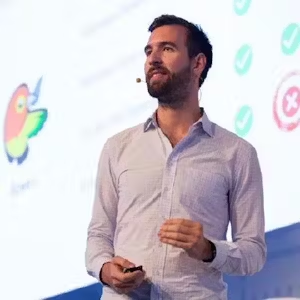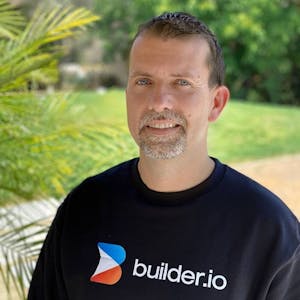FAQ
The main topic discussed at the fireside chat was the concept of signals in various web frameworks and their impact on the ecosystem.
Signals are significant in web frameworks because they help with server-side rendering hydration, resumability, and provide insights into tooling. They allow developers to know the data flow within applications, making state updates more predictable and manageable.
The speakers generally believe that while standardization of principles behind frameworks is beneficial, merging multiple frameworks into one is unlikely due to the unique needs and vibes of different frameworks. Each framework has its own strengths and focus areas.
The speakers advised choosing a web framework based on the specific needs of the project, job market demands, and personal preferences. They emphasized the importance of community support, documentation, and the ability to meet the project's goals.
Old concepts such as server-rendered web pages and multi-page applications (MPAs) are making a comeback. These concepts are being revisited with modern technology to address current performance and scalability challenges.
The future of front-end frameworks includes standardization of principles, reducing the amount of JavaScript sent to the browser, and improving developer experience (DX). The speakers are excited about the ongoing explorations and innovations in the field.
Challenges in adopting new web frameworks include the learning curve associated with new syntax and concepts, the need to balance performance benefits with ease of use, and the complexity of maintaining and integrating different parts of the tech stack.
Standardization can benefit the web development community by making it easier for developers to switch between frameworks, reducing the learning curve for new developers, and allowing for more reusable components and shared practices across different frameworks.
The speakers at the fireside chat were Ryan Carniato, the creator of Sava.js; Minko Getsev, the product lead for Angular; Fred K. Schott, the co-creator of Astro; Akanksha Doshi, one of the core maintainers; and Tim Neutkens, the co-creator of Next.js.
The adoption of signals in web frameworks is expected to continue growing, with many major and minor frameworks already incorporating them. This trend is likely to lead to standardized practices and improved performance across different frameworks.






























Comments